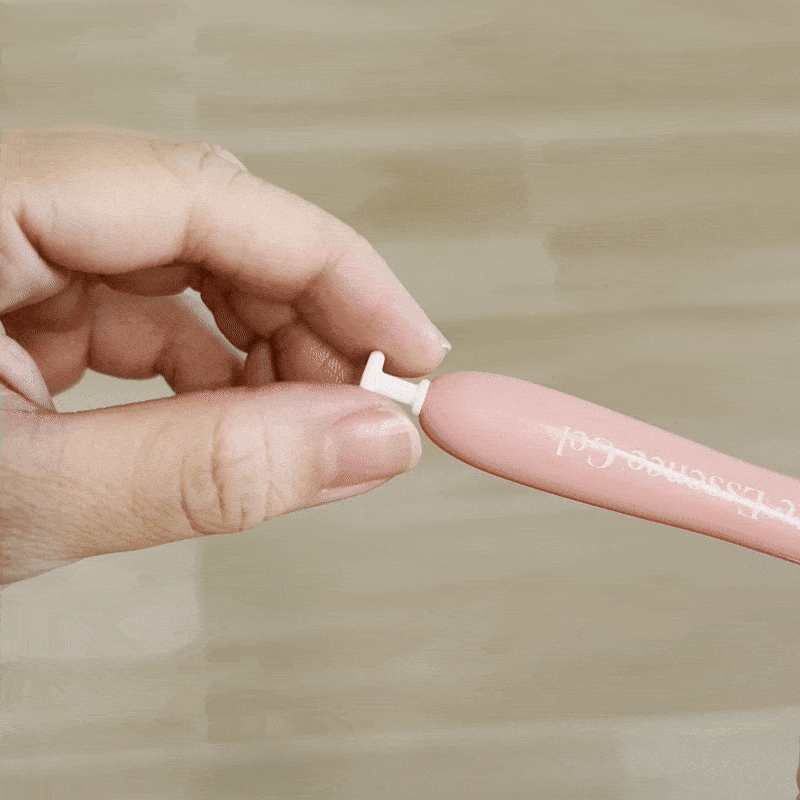Why So Many Women Struggle with Impostor Syndrome? 5 Ways to Reclaim Confidence
Women Who Secretly Feel Like Frauds
Many believe impostor syndrome is rare, but psychologists Pauline Clance & Suzanne Imes found that over 70% of women have experienced it. Even high-achieving women often doubt their worth.
"I just got lucky." / "People overestimate me." / "They'll find out I'm a fraud."
Women say these things more often than men. It’s not just insecurity — it stems from deep social expectations and gender roles.
Why Women Are More Prone to Impostor Syndrome
-
Society sets impossible standards
Women are taught to be "sweet, polite, not too assertive." This leads many to downplay success out of fear of being labeled arrogant. -
Childhood praise is often perfection-based
Girls are often praised for being smart or good, but not for being bold or making mistakes. This fosters fear of failure. -
Social media magnifies comparisons
Platforms amplify insecurities, making women feel "less than" due to impossible beauty or career standards.
5 Practical Ways to Rebuild Confidence
-
Separate luck from effort
List everything you did to succeed. You’ll realize it wasn’t luck — it was earned. -
Record past wins
Write about times you doubted yourself — but still did well. Let facts support your growth. -
Speak your doubts aloud
Tell a friend how you feel. You'll likely find they feel the same — you're not alone. -
Find a support system
Connect with a mentor, coach, or group to gain objective encouragement. -
Celebrate progress — not perfection
You're worthy even if you're not perfect. Applaud your own efforts — that’s how confidence grows.
🗂 References
-
American Psychological Association. (2023). Understanding Impostor Phenomenon
-
Clance, P. R., & Imes, S. A. (1978). The Impostor Phenomenon in High Achieving Women



